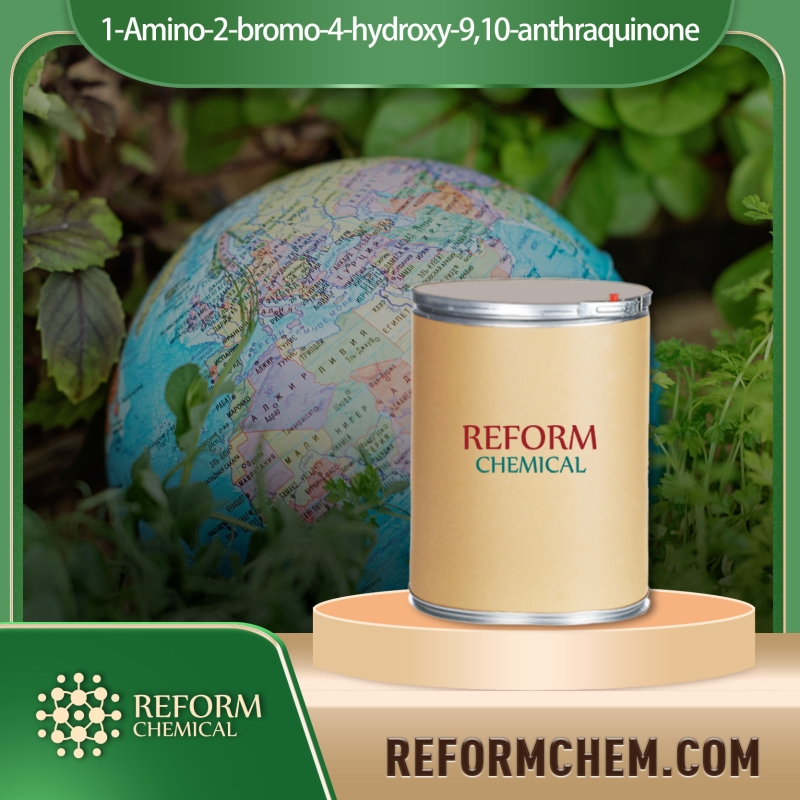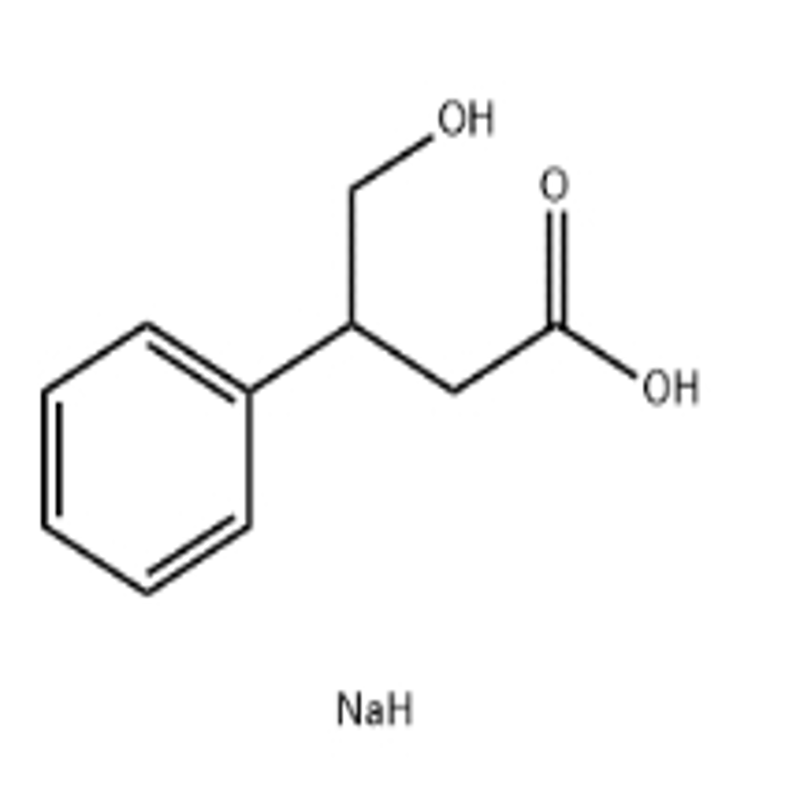-
Categories
-
Pharmaceutical Intermediates
-
Active Pharmaceutical Ingredients
-
Food Additives
- Industrial Coatings
- Agrochemicals
- Dyes and Pigments
- Surfactant
- Flavors and Fragrances
- Chemical Reagents
- Catalyst and Auxiliary
- Natural Products
- Inorganic Chemistry
-
Organic Chemistry
-
Biochemical Engineering
- Analytical Chemistry
-
Cosmetic Ingredient
- Water Treatment Chemical
-
Pharmaceutical Intermediates
Promotion
ECHEMI Mall
Wholesale
Weekly Price
Exhibition
News
-
Trade Service
1-Propanesulfonic acid, 3-[[(dimethylamino)thioxomethyl]thio]-, sodium salt (1:1), commonly referred to as ABS, is a chemical compound that is commonly used in the chemical industry.
It is a colorless liquid with a strong, unpleasant odor.
ABS is primarily used as a raw material in the production of a wide range of chemicals, including detergents, surfactants, and other industrial chemicals.
One of the key benefits of ABS is its ability to act as a solvent and emulsifier.
It is also a powerful reducing agent and can be used to reduce metal ions to their corresponding metals.
ABS is also a strong acid and is used in the production of various other chemicals, including sulfuric acid and nitric acid.
Despite its many useful properties, ABS is also known to be highly toxic.
It is a strong irritant to the eyes, skin, and respiratory system, and can cause a range of serious health issues if it is ingested, inhaled, or otherwise comes into contact with the body.
ABS is also highly corrosive and can cause damage to a wide range of materials, including metal, concrete, and many types of plastics.
Because of its hazardous properties, the use of ABS is tightly regulated in many countries.
In the United States, for example, the Occupational Safety and Health Administration (OSHA) has strict rules regarding the handling and storage of ABS.
Employers are required to provide their workers with appropriate personal protective equipment (PPE), such as respirators and gloves, and to ensure that all employees are properly trained on the safe handling and use of ABS.
Despite these regulations, accidents involving ABS still occur from time to time.
In many cases, these accidents are the result of improper handling or inadequate training.
It is essential that all employees who work with ABS receive proper training and that employers take all necessary precautions to ensure the safety of their workers.
In addition to its health and safety risks, ABS also poses environmental risks.
It is a strong acid and can cause corrosion of metal pipes and other equipment, leading to leaks and spills.
ABS can also cause damage to soil and groundwater if it is not properly contained and disposed of.
Overall, ABS is a powerful and versatile chemical compound that is widely used in the chemical industry.
However, it is also a hazardous substance that can cause serious health and environmental risks if it is not handled and disposed of properly.
It is essential that employers take all necessary precautions to ensure the safety of their workers and that all employees receive proper training on the safe handling and use of ABS.







